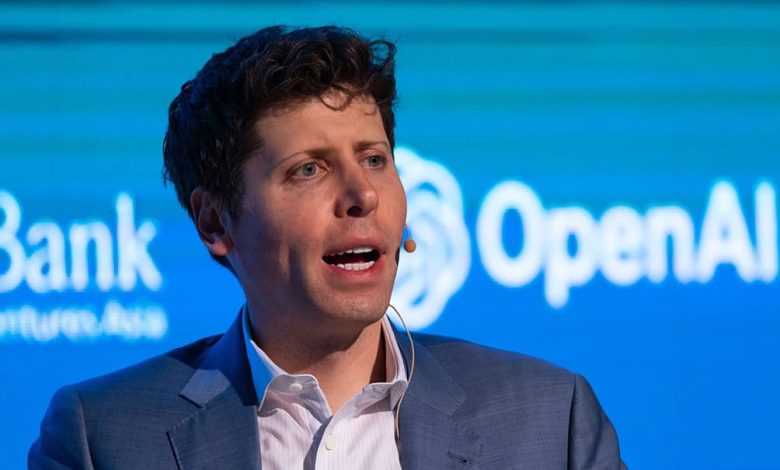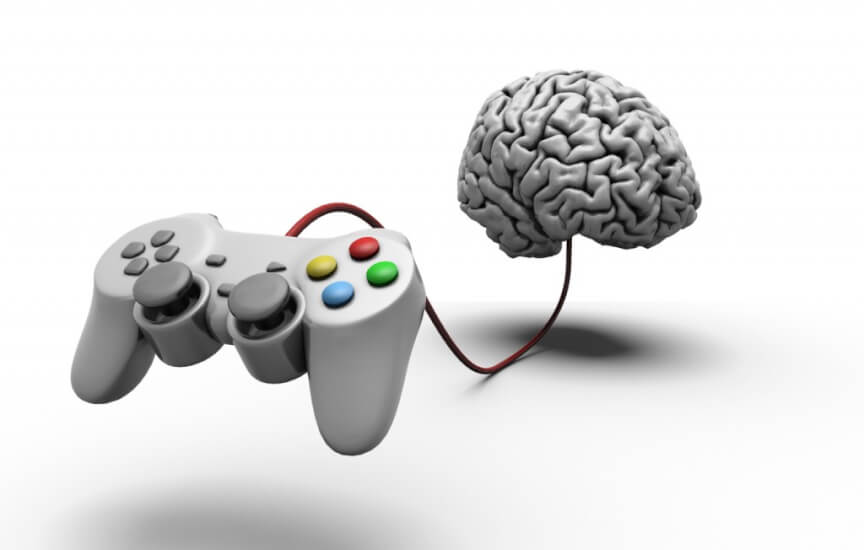
Stop Saying “Please” and “Thank You” to ChatGPT? Here’s Why That’s Suddenly a Big Deal
If you’re someone who always says “please” and “thank you” while using ChatGPT—well, first of all, you’re very sweet. But recently, there’s been some buzz online about how even our politeness with AI might be costing more than we realize… literally.
Wait, What’s the Issue?
So, here’s the deal: every single word you type into ChatGPT counts. Literally. These words are called tokens in the world of AI, and they take up computing power to process. This includes the nice, polite phrases like “please,” “thank you,” or “kindly.” And while one polite sentence doesn’t matter much on its own, imagine millions of people doing it every day.
According to OpenAI’s CEO, all these extra words cost real money to process—millions of dollars a year, in fact.
But It’s Not Just About Money
There’s also the environmental angle. AI models like ChatGPT run on massive servers that eat up electricity. The more words we feed into the system, the more power it uses. So being overly wordy—even in the name of good manners—means slightly more energy use, which contributes to a bigger carbon footprint.
It’s kind of wild to think that a polite “thank you” might have a tiny environmental impact, but here we are.
Does Being Polite Help ChatGPT Work Better?
Funny enough—yes! A recent study from Japan found that ChatGPT gave better answers when people were polite. On average, its performance improved by 9% when the prompts were nice and respectful. That’s a pretty strong argument in favor of good manners, don’t you think?
So, we’re kind of in a weird spot: being polite makes the AI perform better but also costs more money and uses a bit more energy.
So… Should I Stop Being Polite to ChatGPT?
Not necessarily. This isn’t about making people robotic or rude. It’s more about being mindful. Here’s what you can consider:
You don’t need to use “please” and “thank you” for the AI’s sake—it won’t get offended.
But if you’re someone who finds politeness helps you feel more human or respectful, that’s okay too.
Just know that if you’re typing long-winded pleasantries out of habit, trimming them down might be a small step toward efficiency.
Final Thoughts
It’s a strange new world where even our digital manners come with a price tag. But it’s also a reminder that even small habits, multiplied by millions, can make a difference—whether it’s about cost, environment, or how we relate to the technology we use every day.
So go ahead and say “thank you” if it feels right. Just know that even those little words carry a bit more weight than you might’ve thought.










